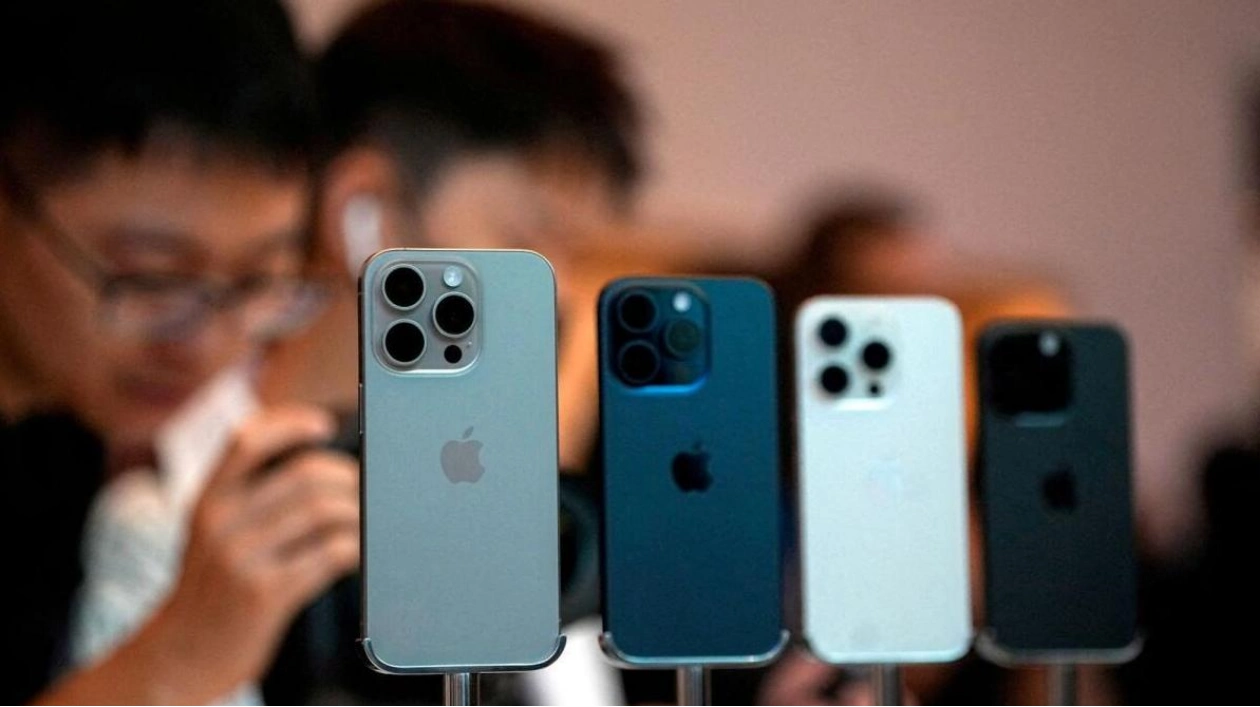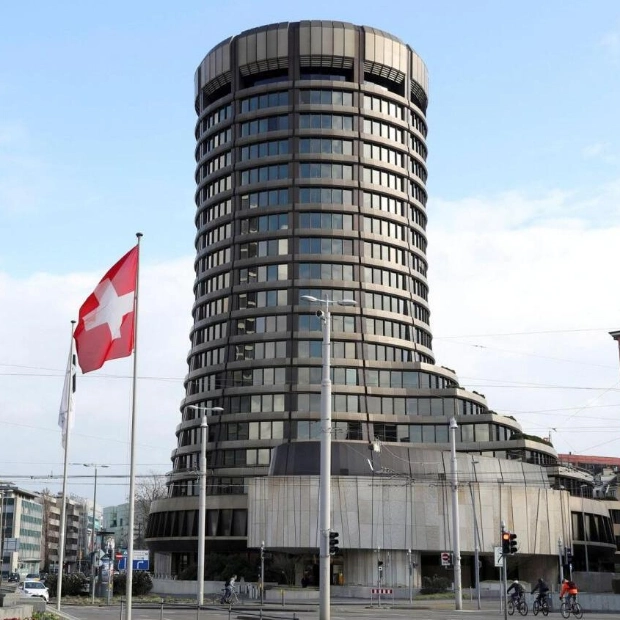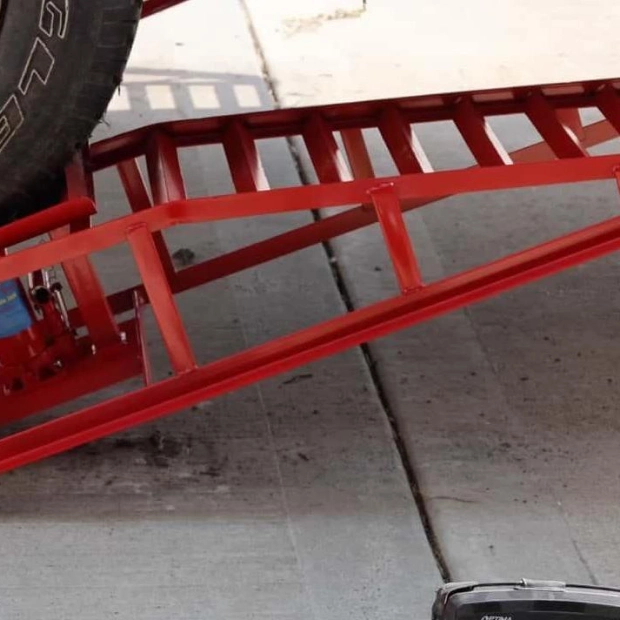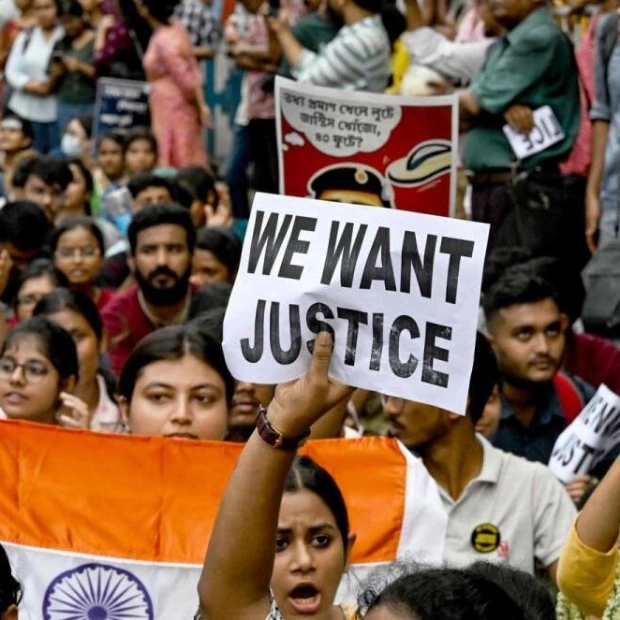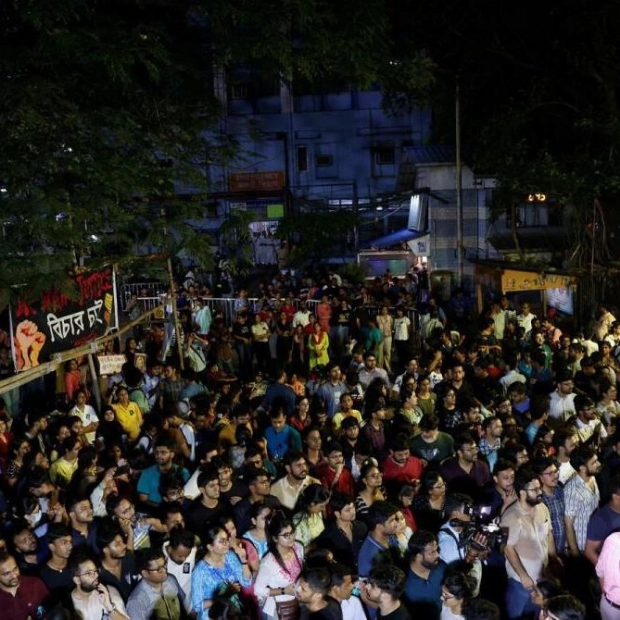At a Tehran cafe, Hamid is waving his smartphone in the air, hoping to catch a weak signal that would help him bypass Iran's strict ban on the latest iPhone models. After the country prohibited the 14 and 15 series iPhones in February 2023, Hamid purchased a new device from overseas, optimistic that the restrictions would ease over time. Unfortunately, this was not the case.
According to the 32-year-old, he had network coverage for only a month before it disappeared. Continuously pressing the power button on his phone, he expressed his frustration at the situation, stating, "I have to switch to lower 3G bands in the hope of getting coverage."
Following last year's ban, individuals, including tourists, are no longer permitted to register their latest iPhone models in the country. To use local SIM cards for more than a month, all phone users must register their devices with the authorities.
This ban has shed light on the economic pressures faced by Iran's government in recent years, such as international sanctions and skyrocketing inflation. In a report by the Isna news agency dated March 2023, authorities cited the measure as an effort to reduce foreign currency expenditure.
Despite official restrictions, iPhones from US company Apple are still highly sought after in Iran, not only for their cutting-edge technology but also as status symbols. However, the ban has inadvertently led to a thriving underground market, with certain vendors inflating the prices of older iPhone models that are easier to register.
Apple has never had a formal presence in Iran due to US sanctions imposed after Washington's withdrawal from a significant nuclear deal in 2018. Additionally, the ban has given rise to a fraudulent scheme that reportedly swindled thousands of Iranians out of tens of millions of dollars in exchange for inexpensive iPhones. For months, a company called 'Koroush' advertised discounted iPhones, some priced as low as 200 million rials ($340), via online platforms featuring celebrities.
